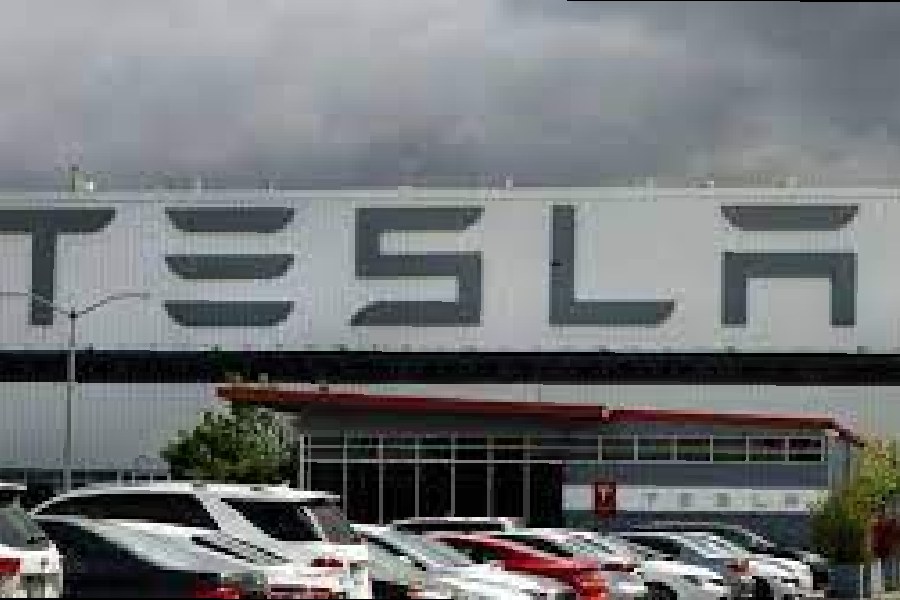The import duty concessions announced in the EV policy on Friday will not impact domestic players and instead, expand the market, a government representative said.
However, two major domestic players have preferred to remain silent on the policy.
Both Tata Motors and Mahindra have invested heavily in their EV programme and earlier voiced their apprehensions regarding favouring imports of EVs, saying there should be a level playing field.
The policy is a big win for Tesla, as it’s in line with what the company had been lobbying for in New Delhi, despite pushback from domestic carmakers, Reuters said.
The department for promotion of industry and internal trade (DPIIT) secretary Rajesh Kumar Singh said on Saturday the government had taken the view of all concerned stakeholders on the policy, which was balanced one keeping in mind the interests of the public.
“We are not trying to tailor a package for anybody. This is open to everybody. The idea is to kickstart EV manufacturing in India. We are allowing imports in a very limited quantity with stringent value addition norms. We will be allowing import of only 8,000 vehicles for a company in a year with a maximum cap of 40,000,” he said.
In its new EV policy, the government will offer import duty concessions to companies setting up manufacturing units in the country with a minimum investment of $500 million, a move intended to attract players such as Tesla.
The companies setting up manufacturing units will be allowed to import a limited number of models with a duty rate of 15 per cent on vehicles costing $35,000 and above for five years.
Currently, cars imported as completely built-up units attract customs duty ranging from 70 per cent to 100 per cent depending on engine size and cost.
“Our intention is not to cannibalise but to expand the electric vehicle market by bringing in new players, giving customers the options of the newest technology, kickstarting the EV transition by bringing in new technology and yet providing a competitive framework where domestic manufacturers can also operate,” the secretary said.
When EV manufacturers come in, they come with the ecosystem of vendors, and the market is expanded, he added.
In the price range of $35,000, less than a lakh cars are sold. He said it is a very limited concession for a limited number of imports with a very stringent performance criteria guarantee.
ACMA, the apex body representing India’s auto component sector, on Friday welcomed the policy.
Shradha Suri Marwah, president ACMA and CMD Subros Ltd, said: “The EV Policy marks another significant step towards accelerating the adoption of cutting-edge technology. “The policy not only aims to attract global EV majors but also emphasises a significant domestic value addition criteria.
“Aligned with the government’s vision of reducing our carbon footprint and promoting sustainable manufacturing, this policy sets the stage for a vibrant future-mobility global manufacturing hub in India,” he said.











